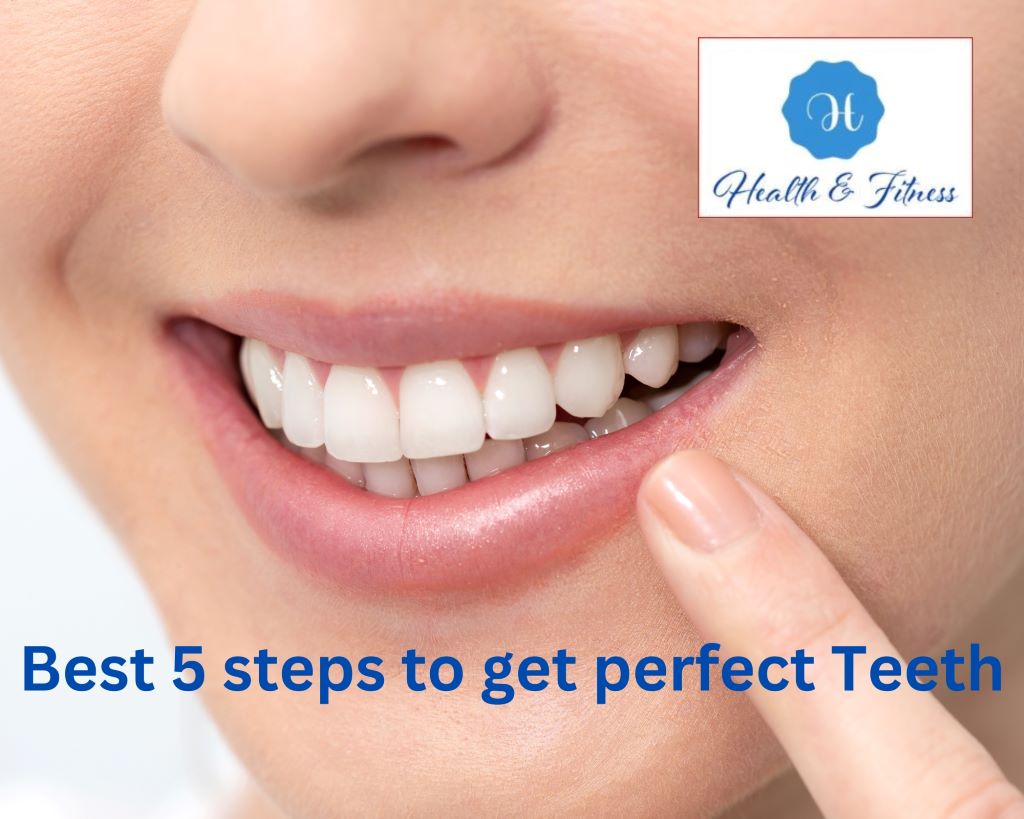Best 12 Ways to Stay Acne Free This Winter
Discover expert tips for clear, healthy skin this winter! Learn the best 12 ways to stay acne-free. Say goodbye to breakouts with our guide.
Introduction
Winter can be a magical time with its crisp snowflakes and cozy fires, but it can also bring frustration and breakouts for those with acne-prone skin. The cold and dry weather can strip away natural oils, leaving the skin dehydrated, irritated, and vulnerable to acne. Additionally, indoor heating, holiday stress, and comfort food indulgence can further affect our skin.
Are you struggling with winter acne? Discover the best 12 ways to maintain clear and healthy skin throughout the chilly months. Expert-recommended tips, from hydration to skincare routines, will help you say goodbye to winter acne and confidently embrace the season. Say hello to radiant skin!
Expert Guide for Top 12 Ways to Stay Acne Free This Winter
To combat winter acne, we present the 12 best ways to maintain clear and healthy skin during the freezing months:
Hydration
Staying hydrated is crucial during the cold season to retain moisture in your skin. The dry winter air can rob your skin of its natural moisture, making drinking plenty of water throughout the day essential. Adequate hydration helps maintain skin elasticity and suppleness, which can reduce the appearance of acne and promote a healthy complexion. Additionally, using a humidifier in your home or office can add moisture to the air, preventing dryness and reducing the risk of breakouts.
Cleansing
Proper cleansing removes dirt, oil, and other impurities that can clog pores and lead to breakouts. However, it’s essential to be gentle with your skin during winter. Choose a mild, sulphate-free cleanser that won’t strip your skin of its natural oils. Avoid using hot water, as it can exacerbate dryness. Instead, use lukewarm water and delicately pat your skin dry with a soft towel to retain moisture.
Moisturizing
Winter air can be harsh and dry to the skin, so moisturizing is crucial in preventing acne and maintaining skin health. Select a non-comedogenic moisturizer specially formulated for acne-prone skin. These products are designed not to clog pores, reducing the risk of breakouts. Applying moisturizer while your skin is still slightly damp after cleansing can help lock in moisture, keeping your skin hydrated and supple throughout the day.
Exfoliating
Regular exfoliation can be beneficial in removing dead skin cells that can clog pores and contribute to acne. However, choosing a gentle exfoliant in winter is essential to avoid over-drying and irritating your skin. Consider using a mild scrub or an alpha-hydroxy acid (AHA) product once or twice a week, depending on your skin type. Exfoliating can help reveal a fresher layer of skin, promoting a radiant complexion and reducing the chances of breakouts.
Protecting from the elements
Winter weather can be harsh on the skin, so taking measures to protect it from the elements is essential. The cold, dry wind can dehydrate your skin, making it more susceptible to breakouts. Wear a scarf and hat to shield your face from the cold air whenever you venture outside. Additionally, don’t forget to apply sunscreen even on cloudy days to protect your skin from harmful UV rays that can further damage your skin barrier.
Monitoring your diet
What you eat can significantly affect your skin’s health, especially during winter when the temptation to indulge in comfort foods is vital. Foods high in sugar and unhealthy fats can lead to inflammation in the body, which can exacerbate acne. Instead, focus on consuming a balanced diet rich in vitamins, minerals, and antioxidants. Incorporate plenty of fruits, vegetables, whole grains, and lean proteins into your meals to support your skin’s health and reduce the risk of breakouts.
Reducing stress
Winter can be stressful, with holidays and other obligations adding to our daily concerns. Stress can trigger hormonal changes in the body, leading to acne flare-ups. Engage in activities that help you relax and unwind, such as yoga, meditation, or spending time in nature. Sleeping and regular exercise can also help reduce stress levels and improve overall skin health.
Incorporating a retinoid product
Retinoids are derivatives of Vitamin A and are known for their acne-fighting properties. They work by unclogging pores, reducing inflammation, and promoting skin cell turnover. Consult a dermatologist for a retinoid product suitable for your skin type and concerns. It’s essential to use a gentle, non-irritating formulation to avoid excessive dryness and sensitivity.
Establishing a consistent skincare routine
Consistency is vital for skincare. Establish a daily routine that includes cleansing, moisturizing, and exfoliating. Choose products specifically formulated for your skin type and concerns. If you’re using active ingredients like retinoids or AHAs, follow the instructions from your dermatologist carefully. Additionally, always protect your skin from the sun with broad-spectrum sunscreen, even in winter.
Avoid Over-Cleansing
While maintaining clean skin is crucial, over-cleansing can do more harm than good, especially during winter. Excessive cleansing can strip the skin of essential oils, leading to dryness and irritation. Stick to a gentle cleanser and avoid washing your face more than twice a day. Look for a cleanser formulated explicitly for acne-prone skin, as it will be less to cause dryness and irritation.
Use Non-Comedogenic Products
Skincare and non-comedogenic makeup products won’t clog your pores, reducing the chances of acne breakouts. Look for water-based, oil-free products when choosing makeup to prevent pore blockage. Permanently remove your makeup before bed to avoid trapping bacteria and dirt on your skin overnight. Use a gentle, non-drying makeup remover and follow up with a mild cleanser to keep your skin clean.
Keep Your Hair and Clothing Clean
Bacteria and oil can accumulate on hair and clothing, leading to acne breakouts. Regularly wash your hair with non-comedogenic products to avoid adding excess fat and bacteria to your skin. Consider switching to cotton or silk pillowcases, as these materials are less likely to trap bacteria and oil than polyester. Wash your bedding regularly, avoid using heavy or greasy skincare products before bed, and change your clothes daily to help prevent breakouts.
Conclusion
By implementing these 12 expert-recommended ways to stay acne-free this winter, you can maintain your skin’s health and appearance throughout the freezing months. Embrace the beauty of winter with the confidence of glowing, clear skin. Remember that individual results may vary, so finding a skincare routine that works best for your unique skin type and concerns is essential. Consult a dermatologist if you have severe acne or are unsure about the best products for your skin. You can enjoy winter with healthy, radiant skin with proper care and dedication.



